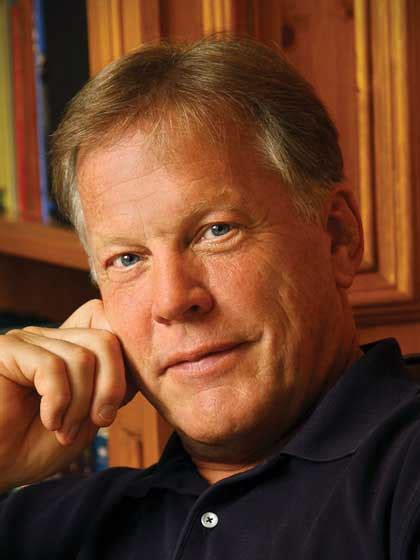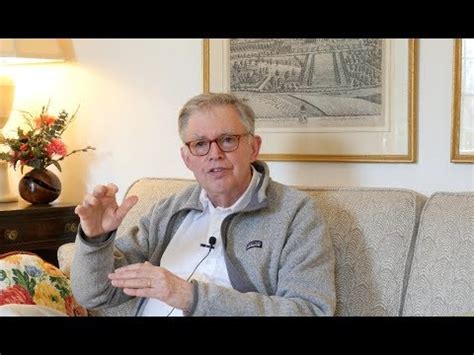A Quote by DJ Spooky
Randomness has an incredibly powerful place in our culture. If you think about it, you can see it driving the algorithms that run our information economy, patterns that make up the traffic of our cities, and on over to the way the stars and galaxies formed.
Related Quotes
Our new immigrants must be part of our one America. After all, they're revitalizing our cities, they're energizing our culture, they're building up our economy. We have a responsibility to make them welcome here, and they have a responsibility to enter the mainstream of American life. That means learning English and learning about our democratic system of government. There are now long waiting lines of immigrants that are trying to do just that. Therefore, our budget significantly expands our efforts to help them meet their responsibility. I hope you will support it.
We fight for territory. We see it in our Congress, we see it in our political systems, we see it in our ways of life, how separated we are. When we moved out of the cities and we lost all of the memory that was in cities, and we - one of the highest achievements in our culture is to be able to segregate yourself from everyone else, and the deep thing is the deepest punishment is solitary confinement.
I think it's going to open up a wider place for a discussion about we ought to come together in our churches, in our neighborhoods, in our work places, in our clubs and our networks. I think it'll be more acceptable to talk about it. We'll see what happens. It'll take some time. But I think it will.
A good part of 'The Information' is about the transition from an oral to a literary culture. Books effected such a great transformation in the way we think about the world, our history, our logic, mathematics, you name it. I think we would be greatly diminished as a people and as a culture if the book became obsolete.
As human beings, we all have reasons for our behavior. There may be people who have certain physiological issues that dictate why they make certain choices. On the whole, though, I think we're dictated by our structure, our past, our environment, our culture. So once you understand the patterns that shape a person, how can you not find sympathy?
Our evangelical culture tends to take the awesome reality of a transcendent god who is worthy to be feared and downsize Him so He could fit into our "buddy system." The way we talk about Him, the way we pray, and, more strikingly, the way we live shows that we have somehow lost our sense of being appropriately awestruck in the presence of a holy and all-powerful God. It's been a long time since we've heard a good sermon on the "fear of God." If God were to show up visibly, many of us think we'd run up to Him and high-five Him for the good things He has done.
Money and prices and markets don't give us exact information about how much our suburbs, freeways, and spandex cost. Instead, everything else is giving us accurate information: our beleaguered air and watersheds, our overworked soils, our decimated inner cities. All of these provide information our prices should be giving us but do not.
We live on a hunk of rock and metal that circles a humdrum star that is one of 400 billion other stars that make up the Milky Way Galaxy which is one of billions of other galaxies which make up a universe which may be one of a very large number, perhaps an infinite number, of other universes. That is a perspective on human life and our culture that is well worth pondering.
Whenever we make changes in our surroundings, we can too easily shortchange ourselves, by cutting ourselves off from some of the sights and sounds, the shapes or textures, or other information from a place that have helped mold our understanding and are now necessary for us to thrive. Overdevelopment and urban sprawl can damage our own lives as much as they damage our cities and countryside.
Google, Facebook, Amazon, Apple are among the most powerful monopolies in the history of humanity. So, the problem is, is that they have tremendous ability to shape the way that we think, the way that we filter the world, the way that we absorb culture. And if they were just companies, maybe we shouldn't be so concerned about them, but they play an incredibly vital role in the health of our democracy.

































